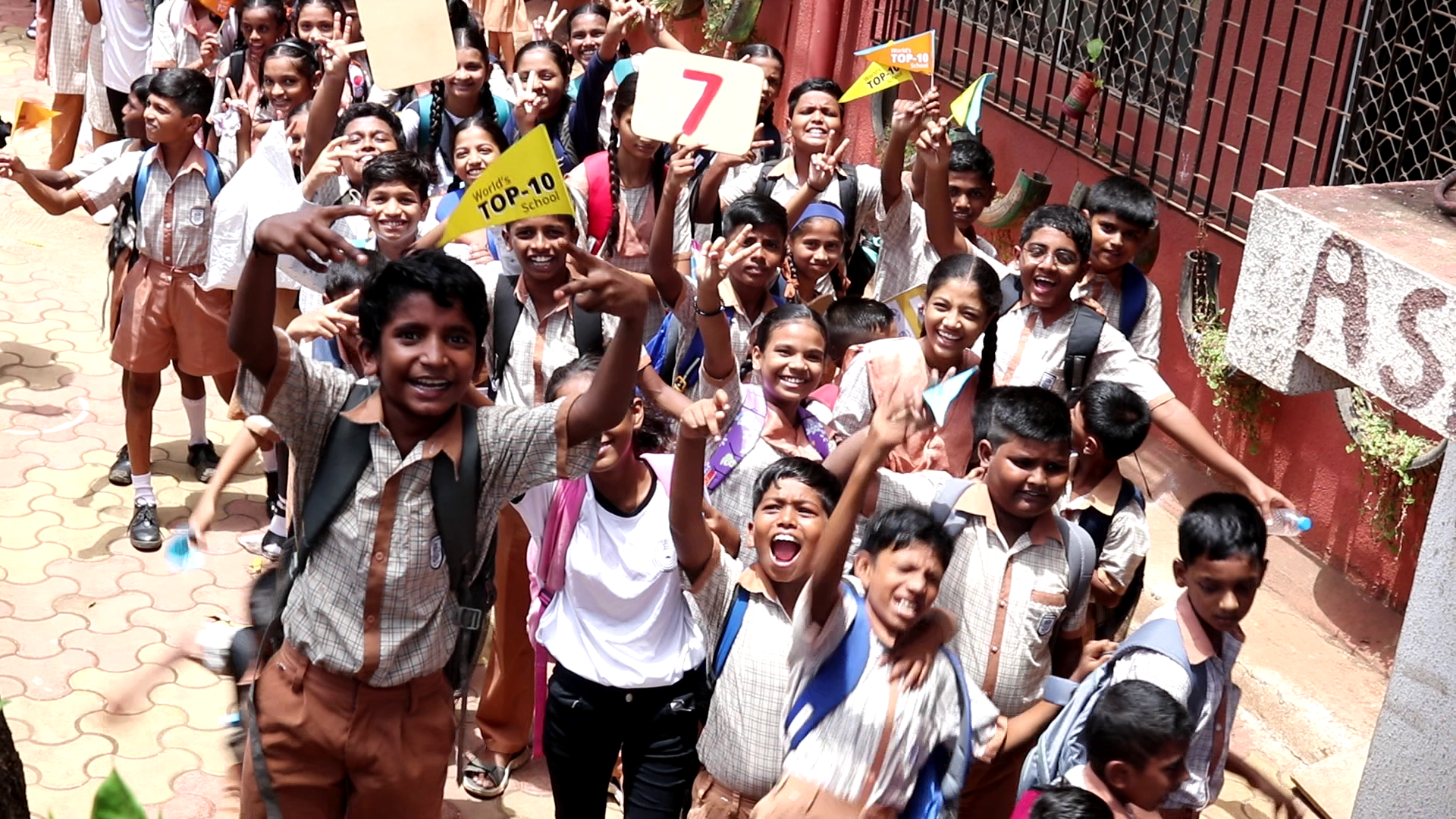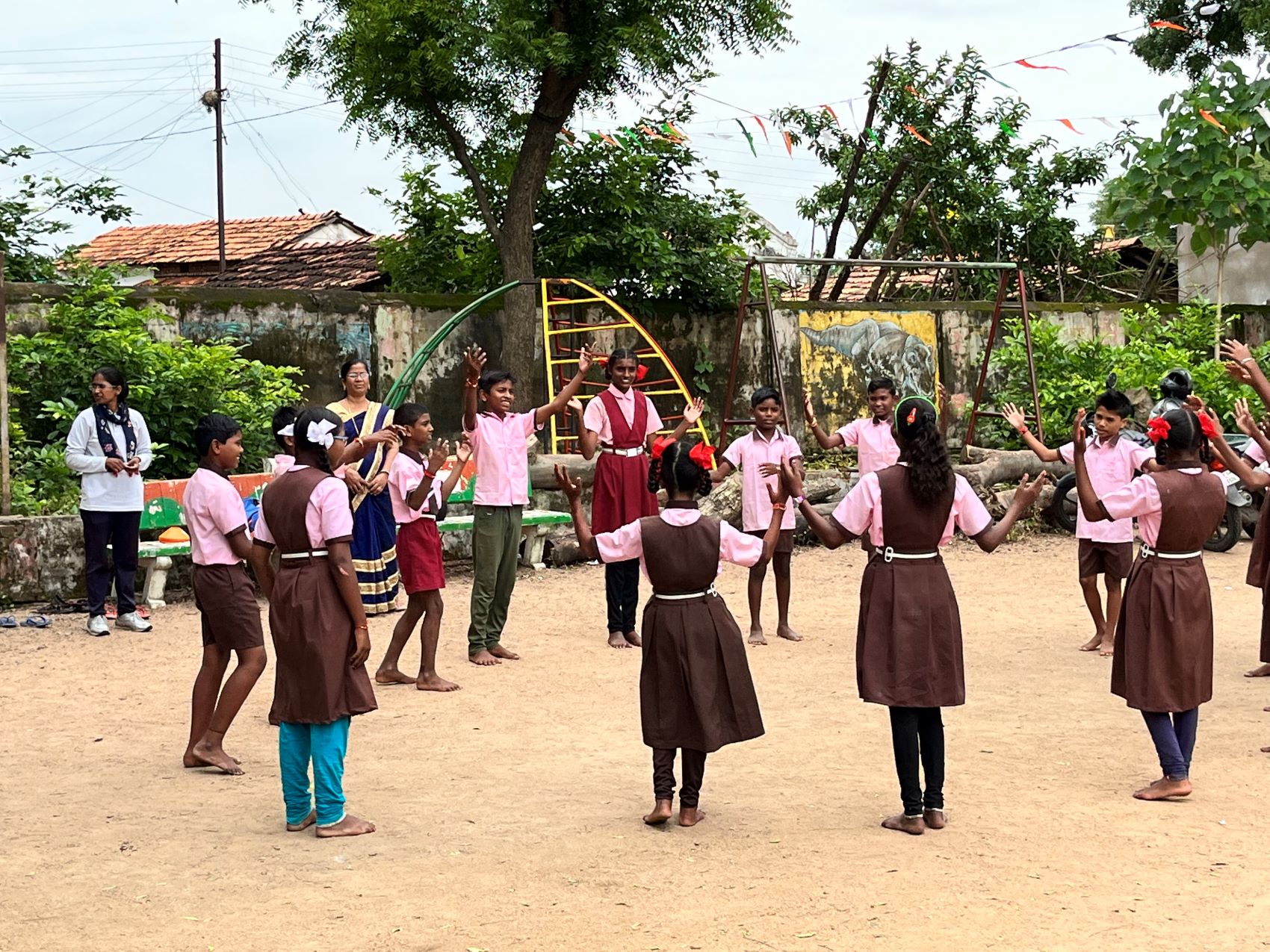TdH NL through its ‘Mica Project’ addresses child labour in the mica region through participation of various stakeholders
Terre des Hommes Netherlands (TdH NL) intends to address issues of child exploitation and work towards addressing all forms of violence and exploitation against children. It aims to create a safe, secure and conducive environment for children to thrive and develop to the best of their abilities. TdH NL envisions a world where there will be no child exploitation and is work relentlessly to achieve this.
Mica Project
TdH NL through its ‘Mica Project’ addresses child labour in the mica region through participation of various stakeholders who help ensure that children are out of labour and in school. A large portion of villages in districts of Koderma and Giridih in Jharkhand are mica dependent. These families derive their income from mica picking, grading and sorting. However, wages from this are very low. As a result, children also have to work to help the family make ends meet. As a result, children face hazardous conditions, do not go to school and lose their childhood.
The programme models itself on Child Participation where children are trained on child rights, child protection laws and reporting mechanisms. Children meet once a month in ‘Children’s Clubs’ and discuss issues pertaining to child labour and child marriage in their region. With the training received, they identify children who are out of school and investigate whether they are working in the mines. On finding cases of child labour, children visit the families to counsel them on the ill effects of child labour with support from the Village Level Child Protection Committee. If this doesn’t work, children warn the families of the legal consequences of child labour which results in imprisonment of the parents. Children then call 1098 (Child Line) to report cases of exploitation.
Apart from Children’s Clubs, the project also provides children with educational material and income generation facilities for the parents.
The model of child participation in this project is highly scalable and replicable because children occupy the forefront of the intervention. They steer the project into a direction which is genuine, addressing problems at the ground reality. Investing in children’s training such as advocacy, child rights and life skills equips them to be better individuals and also be an inspiration to others, creating a ripple effect of change. Children learn from each other; they absorb and act very quickly. The project can easily be replicated in areas by training children as change agents to achieve project goals. This model is effective across any project as it involves community participation, developing an interest among the communities to make their lives better on their own; ensuring empowerment in its true sense.
Through the project, children from the clubs have helped to ensure that 8,250 children are regular to school and 850 children are directly saved from child labour.
Linkages with the SDGs
The Mica project links with the following SDGs:
SDG 8 – Decent work and economic growth
8.7 eradicate forced labour, end modern slavery and human trafficking and secure prohibition and elimination of the worst forms of child labour by 2025
SDG 16 – Peace, Justice and Strong Institutions
16.2 end abuse, exploitation, trafficking and all forms of violence against, and torture of children
SDG 17 – Partnership for the Goals
17.16 enhance the Global Partnership for Sustainable Development, complemented by multi-stakeholder partnerships that mobilise and share knowledge, expertise, technology and financial resources, to support the achievement of the SDGs
Defining development
“We define development as the process by which communities are equipped with resources that sensitise them and build their capabilities such that they can bring about the changes they desire. Development is not mere service delivery but empowering people to drive their own growth which yields results that are fruitful, sustainable, scalable and replicable.”
Thangaperumal Ponpandi
Country Manager, India
Terre des Hommes – Netherlands








